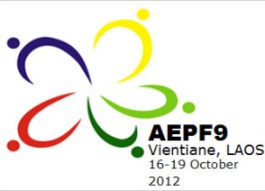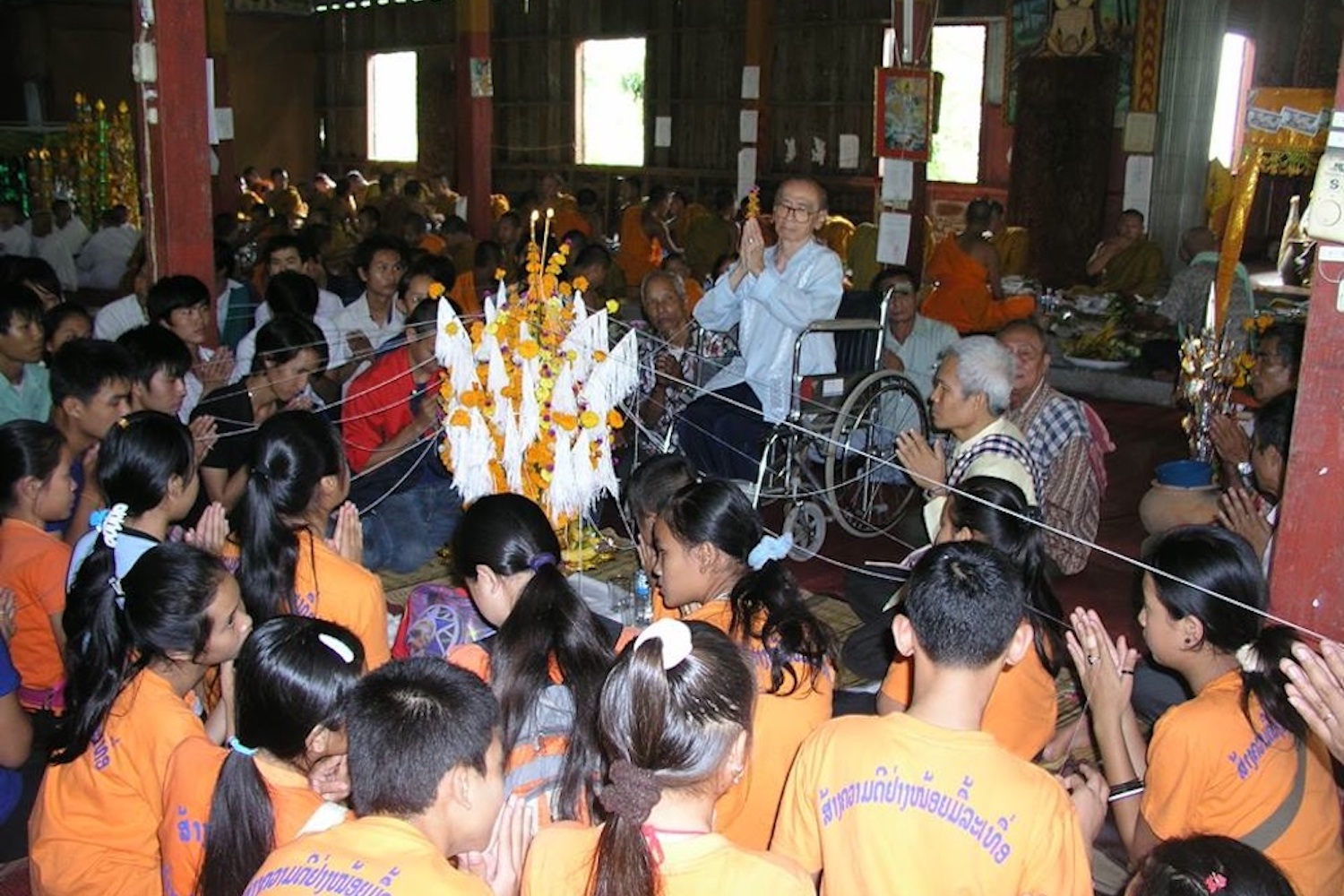 Two years ago, Sombath worked closely with government authorities, the United Nations Development Program, and the UN Resident Coordinator, Mr. Minh Pham, to organise nation-wide consultations in preparation for the 9th Asia-Europe People’s Forum.
Two years ago, Sombath worked closely with government authorities, the United Nations Development Program, and the UN Resident Coordinator, Mr. Minh Pham, to organise nation-wide consultations in preparation for the 9th Asia-Europe People’s Forum.
One result of this process was the report “Listening to the People’s Voice,” released on October 8th.
The next day, Mr. Pham issued a statement disassociating himself from the report, asserting it was only a draft, but no alternatives were ever offered.
 Two months and one day later, Mr. Pham and UNDP joined in celebrating the 2012 International Human Rights Day. The theme was “Inclusion and the Right to Participate in Public Affairs.”
Two months and one day later, Mr. Pham and UNDP joined in celebrating the 2012 International Human Rights Day. The theme was “Inclusion and the Right to Participate in Public Affairs.”
A UNDP press release highlighted the event. But when Sombath was abducted five days later, there was no such publicity, nor have there been any public expressions of concern since.
In May, 2014, Mr. Pham was awarded the Cross of Friendship for his service. The UNDP website also makes special note of this. The website does not, however, make any mention of Sombath or his continuing plight.








